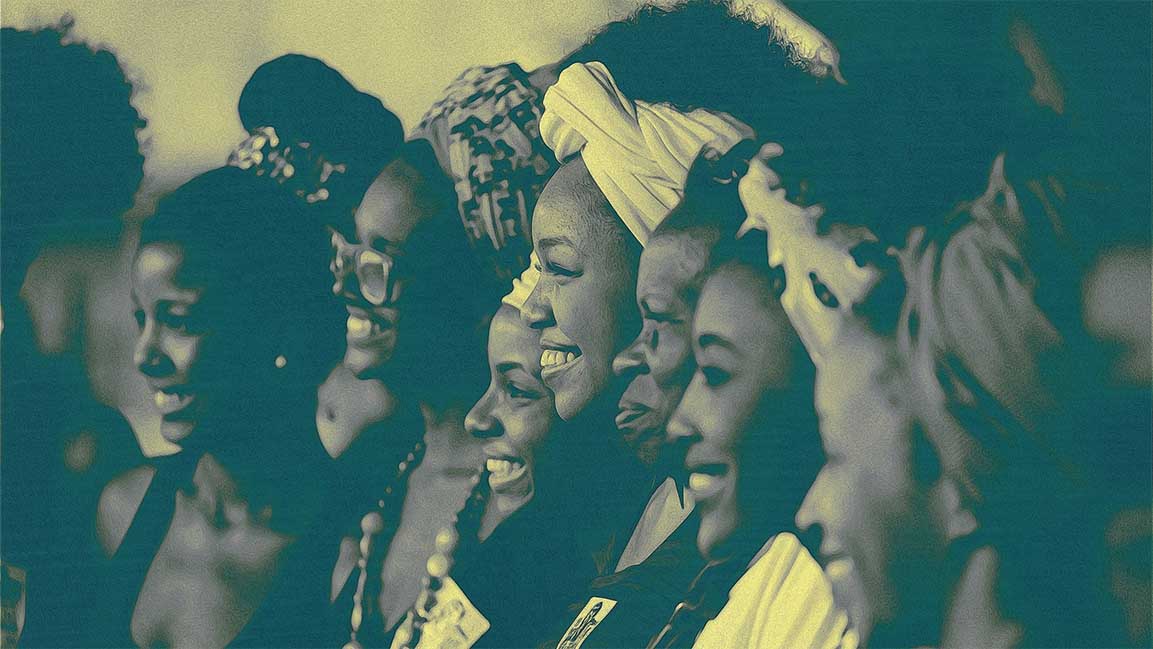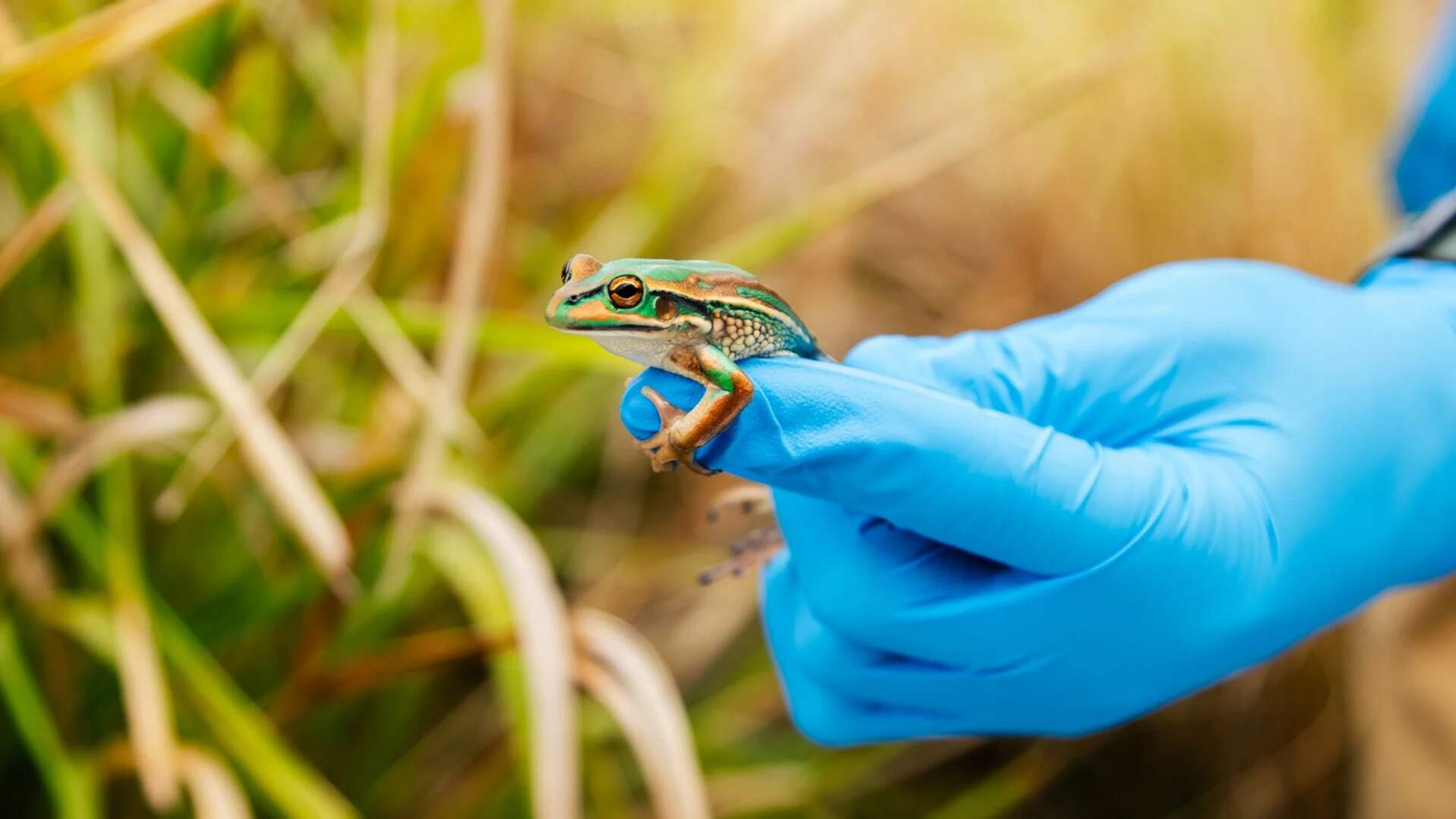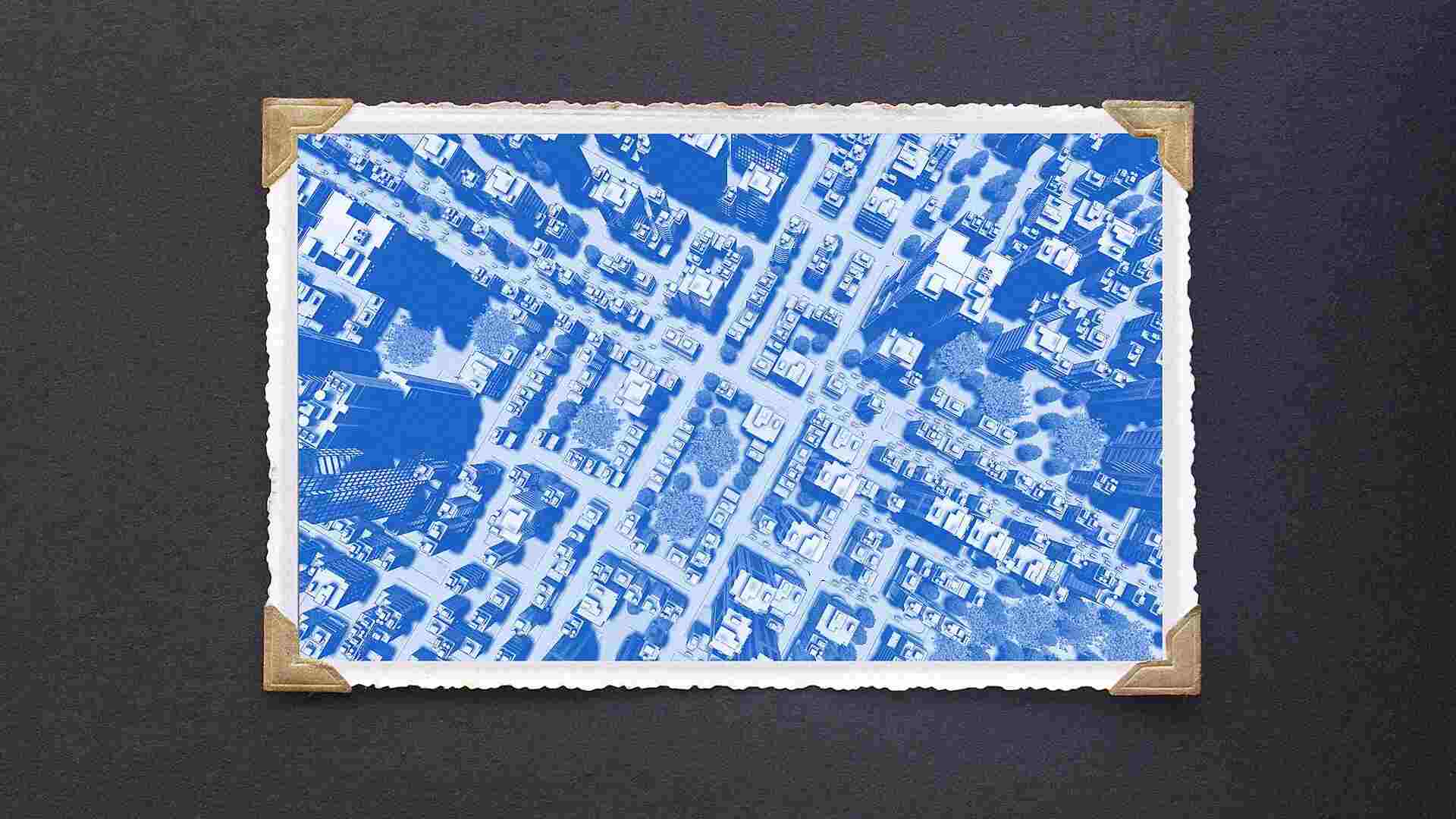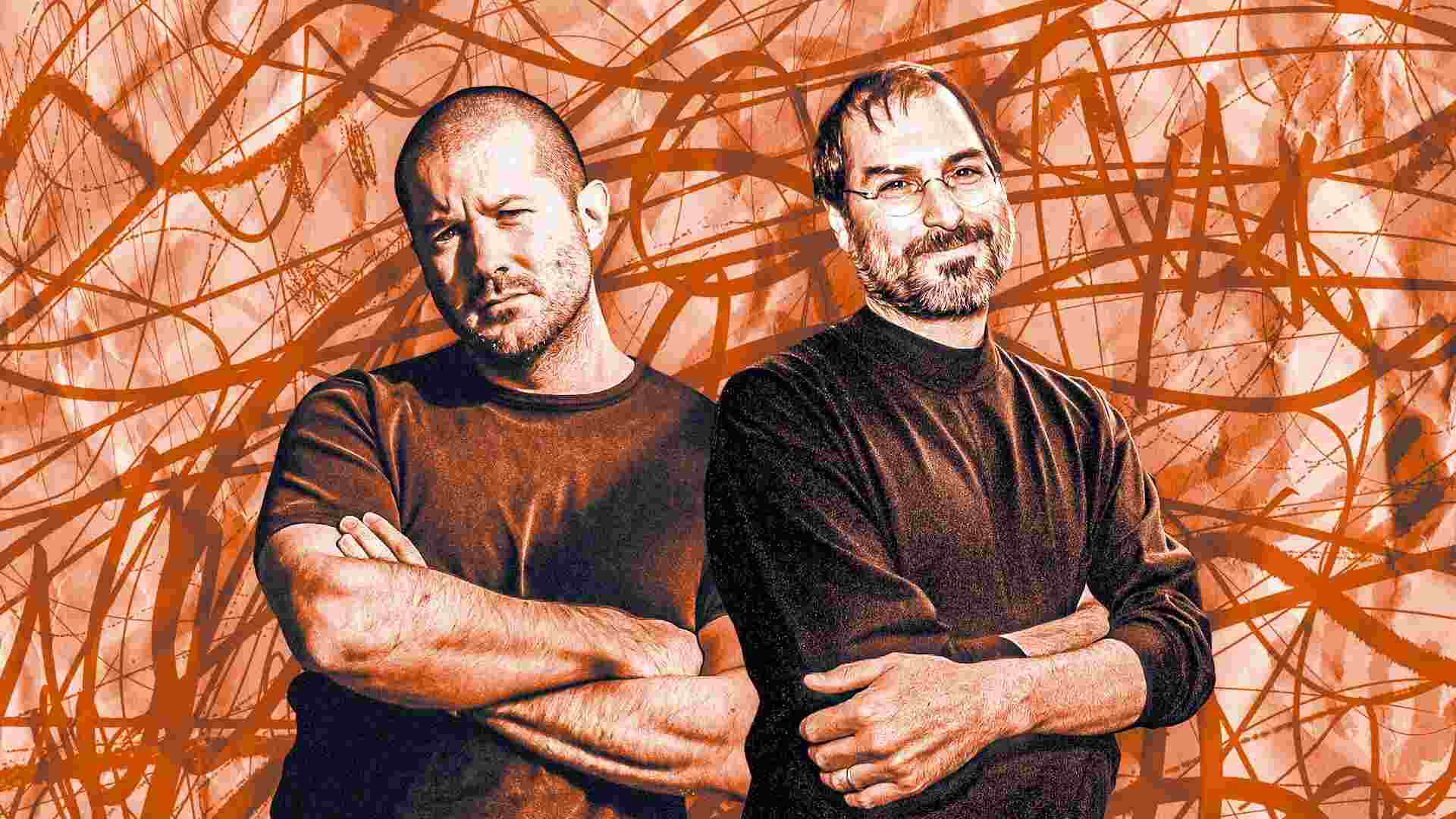- | 2:00 pm
Indigenous communities will enrich climate action at COP28
Indigenous people play a crucial role in addressing the climate and biodiversity challenge.

Now accepting applications for Fast Company Middle East’s Most Innovative Companies. Click here to apply.
Indigenous communities have been caretakers of the environment for thousands of years, protecting their lands, respecting wildlife, and utilizing traditional knowledge passed down through generations.
With all the knowledge and first-hand experience, they can provide valuable insight into climate action. The COP28 will have representation from indigenous communities; it said the “long-recognized practices” of indigenous people “play a crucial role in addressing the climate and biodiversity challenge.”
The UN Climate Change High-Level Champion for COP28, Razan Al Mubarak, says that this consideration is of critical importance and the conference’s team has been working to engage with indigenous people organizations throughout the year.
“Indigenous Peoples are one of the nine official constituencies – organizations which have the status of observers – in the UN Framework Convention on Climate Change,” said Al Mubarak. “Still, their valuable perspectives remain underrepresented in multilateral climate processes, and they receive a very small share of the international funding for climate action,” she adds.
The COP28 presidency has similarly set goals to secure the community’s acknowledgment and representation, including financial support for older people to attend the global summit and subsidized accommodation for 150 delegates and translation services.
The summit’s team will also fund a report based on direct access to finance for indigenous people contributing to climate action. “This is far more than a moral imperative. We simply won’t be able to solve the climate crisis without authentically incorporating the leadership of Indigenous Peoples and other traditionally underrepresented groups such as women and youth,” said Al Mubarak.
Hindou Oumarou Ibrahim, coordinator of the Association of Indigenous Women and Peoples of Chad and co-chair of the International Indigenous Peoples Forum on Climate Change, said this signifies progress towards including and recognizing the rights of indigenous communities. “Indigenous peoples can bring concrete solutions for climate adaptation and mitigation, and their voice needs to be heard,” said Ibrahim.































